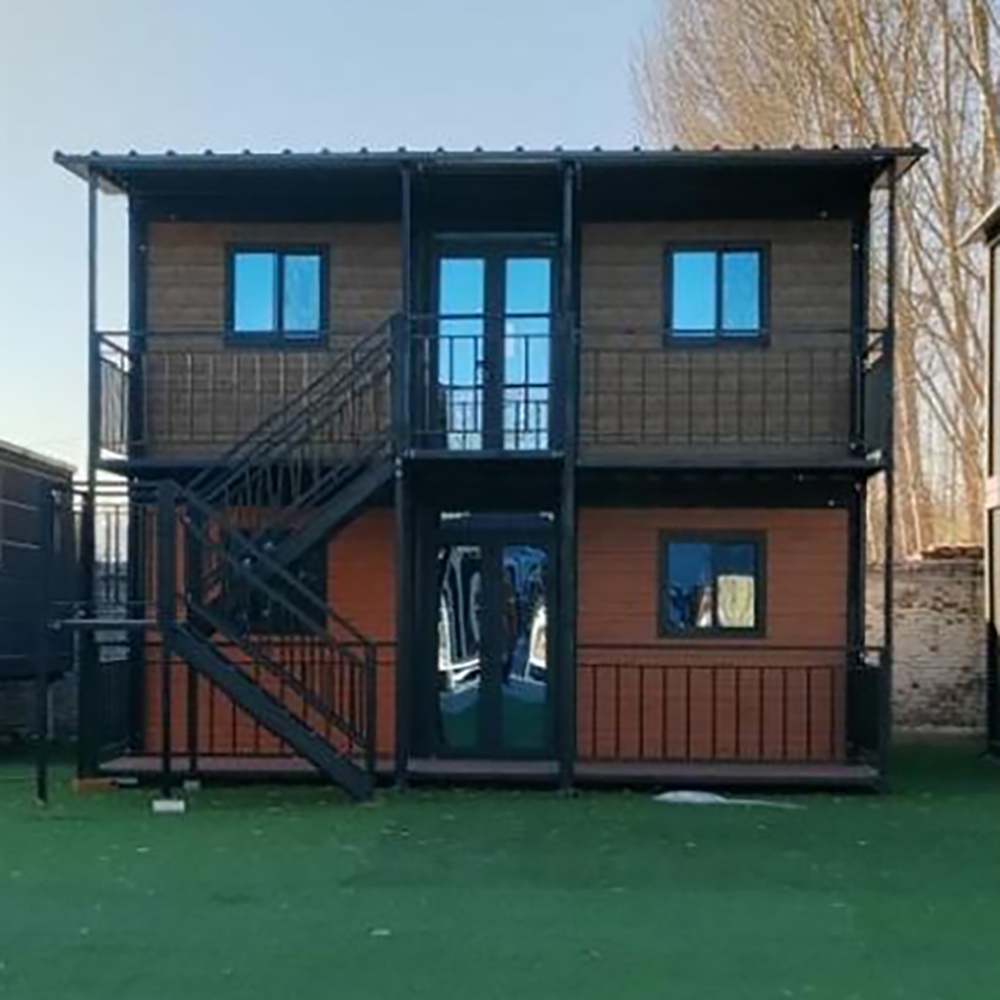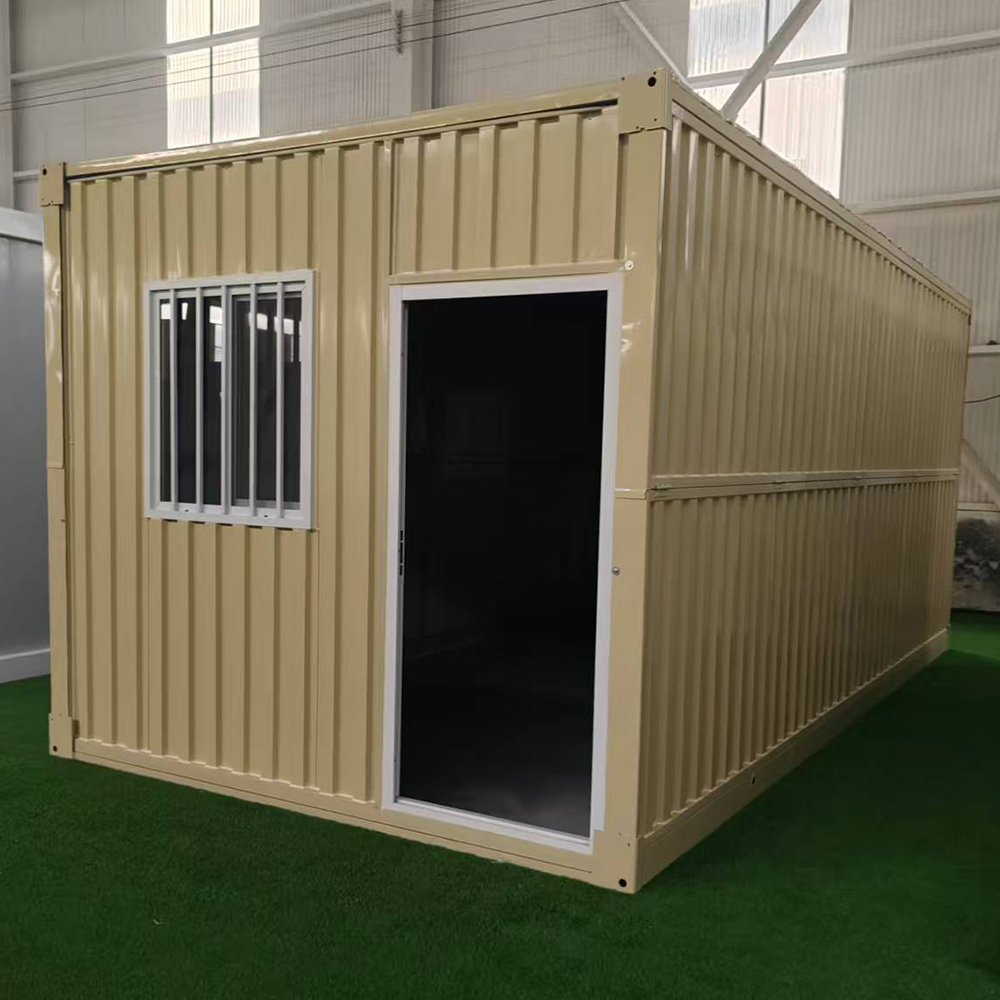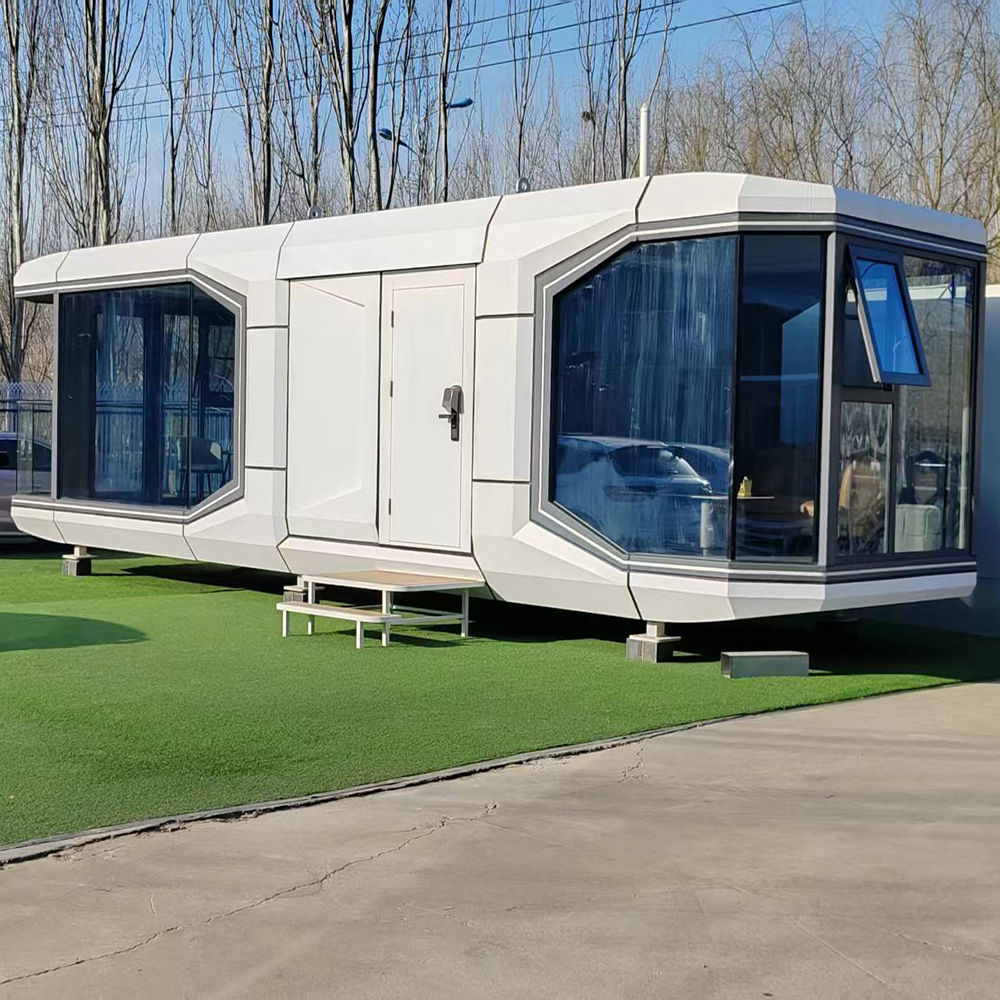-
E-mailka
Austin120521@outlook.com -
E-mailka
sales@jujiuhouse.com -
Taleefanka
+86-17864099991 -
Taleefanka
+86-17854044442
- English
- Chinese
- French
- German
- Portuguese
- Spanish
- Russian
- Japanese
- Korean
- Arabic
- Irish
- Greek
- Turkish
- Italian
- Danish
- Romanian
- Indonesian
- Czech
- Afrikaans
- Swedish
- Polish
- Basque
- Catalan
- Esperanto
- Hindi
- Lao
- Albanian
- Amharic
- Armenian
- Azerbaijani
- Belarusian
- Bengali
- Bosnian
- Bulgarian
- Cebuano
- Chichewa
- Corsican
- Croatian
- Dutch
- Estonian
- Filipino
- Finnish
- Frisian
- Galician
- Georgian
- Gujarati
- Haitian
- Hausa
- Hawaiian
- Hebrew
- Hmong
- Hungarian
- Icelandic
- Igbo
- Javanese
- Kannada
- Kazakh
- Khmer
- Kurdish
- Kyrgyz
- Latin
- Latvian
- Lithuanian
- Luxembou..
- Macedonian
- Malagasy
- Malay
- Malayalam
- Maltese
- Maori
- Marathi
- Mongolian
- Burmese
- Nepali
- Norwegian
- Pashto
- Persian
- Punjabi
- Serbian
- Sesotho
- Sinhala
- Slovak
- Slovenian
- Samoan
- Scots Gaelic
- Shona
- Sindhi
- Sundanese
- Swahili
- Tajik
- Tamil
- Telugu
- Thai
- Ukrainian
- Urdu
- Uzbek
- Vietnamese
- Welsh
- Xhosa
- Yiddish
- Yoruba
- Zulu
- Kinyarwanda
- Tatar
- Oriya
- Turkmen
- Uyghur

Guryaha la qaadan karo ee 2-qol ee casriga ah ma yihiin kuwo deegaan ahaan u fiican?
2025-09-15
Guryaha la qaadan karo ee 2-qol ee casriga ah waxay noqonayaan xal guri oo caan ah, laakiin mid ka mid ah doodaha ugu weyn ee ku hareeraysan waa saameyntooda deegaanka. Qaab-dhismeedyadani ma yihiin kuwo deegaan-u-saaxiibtinimo leh, mise waa uun suuq-geyneed? Doodani waxa ay ku lug leedahay in la baaro agabka, hababka dhismaha, iyo joogteynta muddada dheer ee guryahan.

Fahamka Saaxiibtinimada Deegaanka ee Guryaha la qaadan karo
Saaxiibtinimada deegaanka ee guryeynta ayaa inta badan si khaldan loo fahmay. Dadku waxay u qaadan karaan in gurigu yahay mid la qaadi karo oo u baahan boos yar, uu si toos ah u yeelanayo raad kaarboon yar. Si kastaba ha ahaatee, xaqiiqadu aad bay u nuanceed. Waxyaabaha ay ka midka yihiin agabka la isticmaalay iyo waxtarka tamarta naqshadeynta ayaa door muhiim ah ka ciyaara go'aaminta saaxiibtinimada deegaanka ee guryahan.
Tusaale ahaan, guryo badan oo la qaadan karo ayaa la dhisay iyadoo la isticmaalayo alaab dib loo warshadeeyey ama la waaraynayo. Shirkadaha sida Shandong Jujiu Integrated Housing Co., Ltd. waxay ku faanaan isticmaalkooda birta fudud iyo agabka kale ee waara. Tani kaliya ma dhimayso qashinka inta lagu jiro marxaladda wax soo saarka laakiin sidoo kale waxay kor u qaadaysaa cimriga iyo cimriga guriga.
Dhinac kale oo la tixgelinayo waa habka dhismaha laftiisa. Maadaama guryahan inta badan lagu sii hagaajiyay deegaan la xakameeyey, waxaa u muuqda in ay jiraan qashin yar marka la barbar dhigo dhismo-dhaqameedka goobta. Habka Shandong Jujiu waxa uu mideeyaa hababka wax soo saarka ee horumarsan si loo yareeyo isticmaalka alaabta xad dhaafka ah, taas oo si togan wax ugu kordhinaysa aqoonsigooda deegaanka.
Waxtarka Tamarta iyo Joogteynta Muddada Dheer
Waxtarka tamartu waa aasaaska guryaha ku habboon deegaanka. Guryaha la qaadi karo waxaa inta badan loo qaabeeyey iyadoo maskaxda lagu hayo sifooyinka tamarta-badbaadinta. Tusaale ahaan, dahaarka saxda ah iyo daaqadaha tamarta waxtarka leh waxay si weyn u dhimi karaan shuruudaha kulaylinta iyo qaboojinta, taasoo horseedaysa hoos u dhaca biilasha tamarta iyo hoos u dhaca saamaynta deegaanka waqti ka dib.
Shandong Jujiu Integrated Housing Co., Ltd. waxay ku nuuxnuuxsatay muhiimada ay leedahay nashqadaha tamarta waxtarka leh ee alaabtooda. Waxay hagaajiyaan meelaynta daaqadaha iyo alaabta dahaarka si loo hubiyo in gurigu ilaaliyo jawi gudaha ah oo deggan, hoos u dhigaya kharashka tamarta iyo isticmaalka.
Si kastaba ha ahaatee, waxaa muhiim ah in la ogaado in dhammaan guryaha la qaadi karo aysan si siman u abuurmin. Qaar ka mid ah moodooyinka ayaa laga yaabaa inay ku dhaafaan sifooyinkan muhiimka ah si loo dhimo kharashyada. Sidaa darteed, marka la qiimeynayo guriga la qaadan karo ee ku habboon deegaanka, waxaa lagama maarmaan ah in la baaro sifooyinka gaarka ah iyo teknoolajiyada ay ku daraan.

Doorka Naqshadaynta iyo Hal-abuurka
Hal-abuurnimada naqshadeynta ayaa kaalin mug leh ka ciyaarta samaynta 2-qol-qol oo guryo la qaadan karo ah oo saaxiibtinimo leh. Iyadoo la adeegsanayo farsamooyinka naqshadaynta iyo injineernimada, shirkaduhu waxay wanaajin karaan booska iyo shaqeynta iyaga oo aan waxyeello u geysan heerarka deegaanka. Tusaale ahaan, naqshadaynta qaabaysan waxay u oggolaan kartaa fidinta fudud ama wax ka beddelka, kordhinta cimriga guriga iyo la qabsiga baahiyaha isbeddelka milkiilayaasha.
Intaa waxaa dheer, u heellanaanta Shandong Jujiu Integrated Housing Co., Ltd. ee cilmi baarista iyo horumarinta waxay la macno tahay in naqshadahoodu ay si joogto ah u horumaraan, oo ay ku daraan isbeddellada joogtada ah iyo teknoolojiyadda. Kartidooda wax ikhtiraacida waxay hubisaa inay horay u sii wadaan bixinta xalalka guriyeynta ku nool deegaanka.
Waxa kale oo jira tixgelinta soo jiidashada bilicda. Guri si fiican loo nashqadeeyay kaliya maaha inuu daboolo baahiyaha aasaasiga ah laakiin sidoo kale wuxuu wanaajiyaa guud ahaan waayo-aragnimada nololeed, dhiirigelinta hab-nololeed waara oo ka yimaada dadka deggan.
Caqabadaha iyo Tixgelinta
In kasta oo horumarka laga sameeyay naqshadaynta iyo agabka, caqabadaha ayaa weli ku jira horumarinta iyo korsashada guryahan. Fikradaha khaldan ee ku saabsan adkeysiga, qiimaha dib-u-iibka, iyo nolol-noolaanshaha inta badan waxay joojiyaan iibsadayaasha suurtagalka ah.
Intaa waxaa dheer, caqabadaha sharciyeynta iyo la'aanta taageerada kaabayaasha ayaa caqabad ku noqon karta koritaanka guryaha la qaadi karo. Gobollada qaarkood, sharciyada aagagga iyo xeerarka dhismayaashu kuma ay qabsan hal-abuurka guryaha la qaadan karo, taasoo caqabado waaweyn ku ah soosaarayaasha iyo macaamiisha si isku mid ah.
Iyadoo ay jiraan caqabadahaas, shirkadaha sida Shandong Jujiu waxay sii wadaan inay u doodaan dhaqamada waara ee warshadaha, iyagoo si dhow ula shaqeynaya hay'adaha sharciyeynta iyo wacyigelinta dadweynaha faa'iidooyinka guryaha la qaadan karo ee deegaanka.
Gabagabo: Guryaha Casriga ah ee la qaadi karo run ahaantii ma yihiin kuwo deegaanka ku habboon?
Marka, jawaabtu maaha haa ama maya toos ah. In kasta oo horumarro la taaban karo laga gaaray adeegsiga agabka waara iyo nashqadaha tamarta waxtarka leh, saaxiibtinimada deegaanka ee guriga ugu dambeyntii waxay ku xiran tahay arrimo badan, oo ay ku jiraan habka dhismihiisa, agabka, iyo caadooyinka isticmaalka tamarta ee dadka deggan.
Kuwa sida dhabta ah u tixgalinaya u boodboodka nolol la qaadan karo, cilmi baaris dhamaystiran iyo la shaqaynta shirkadaha caanka ah sida Shandong Jujiu Integrated Housing Co., Ltd. waa lama huraan. Websaydhkooda, jujiuhouse.com, waxay ku siinaysaa fikrado faahfaahsan sida ay ugu dhex daraan mabaadi'da miyir-qabka ah ee xalalka guriyeynta.
Ugu dambeyntiina, iyadoo dad badan iyo shirkado badan ay maalgashadaan hal-abuurkan waara, warshaduhu waxay u badan tahay inay sii wadi doonaan kobcinta, iyagoo siinaya xitaa xalal deegaan oo saaxiibtinimo leh oo buuxiya baahiyaha nolosha casriga ah.










